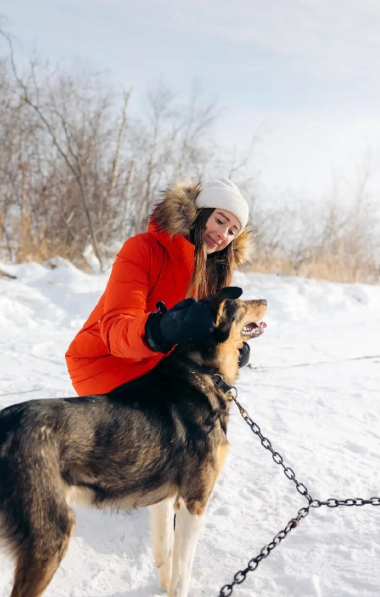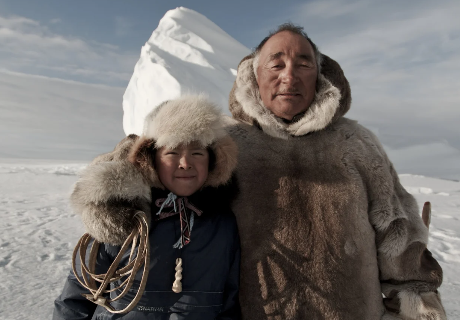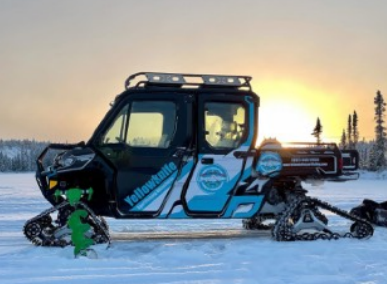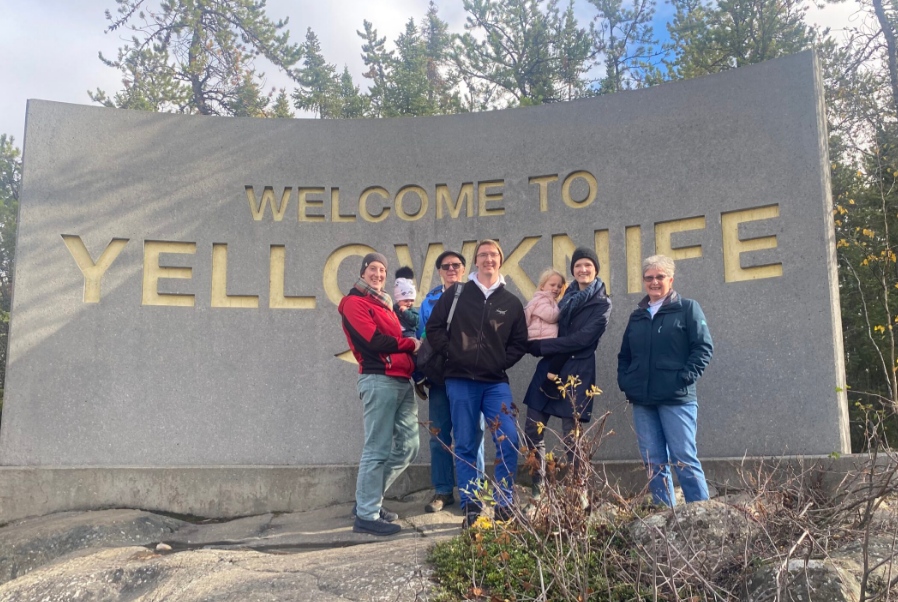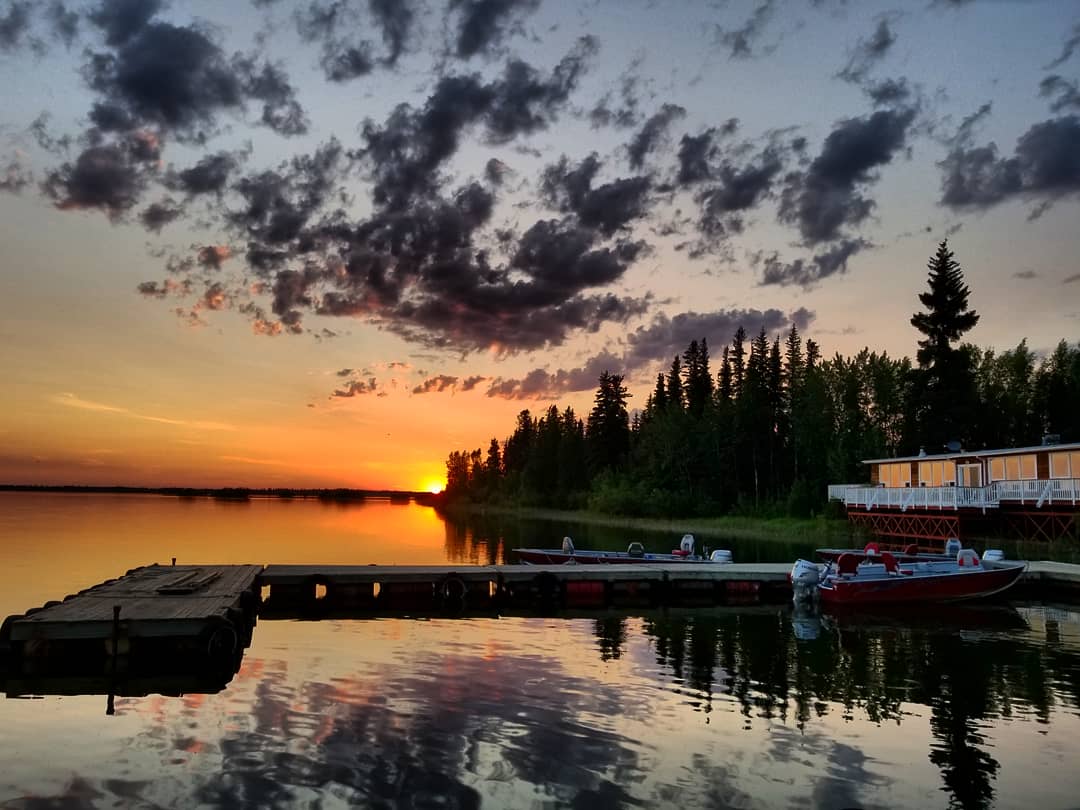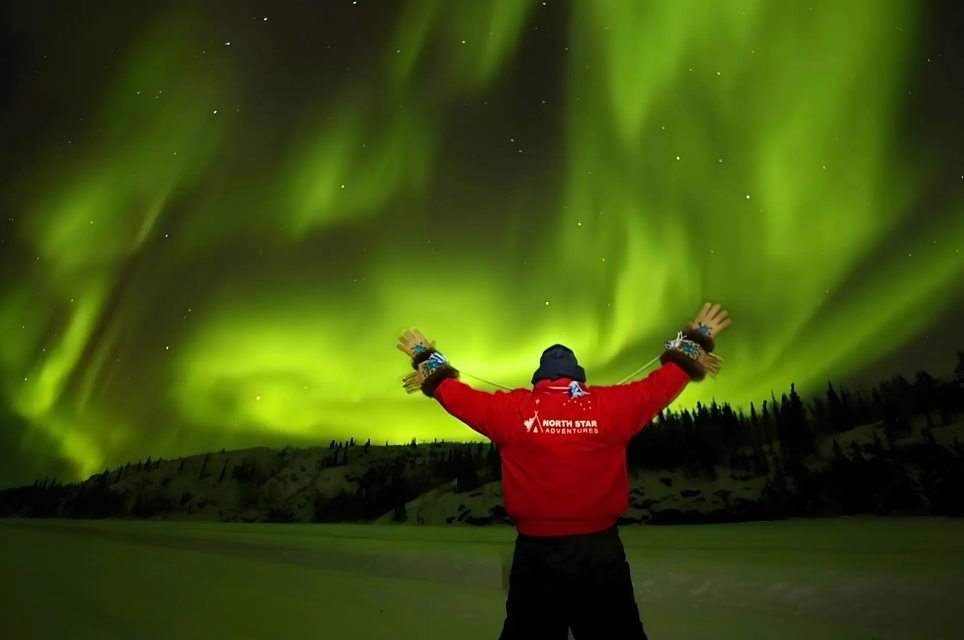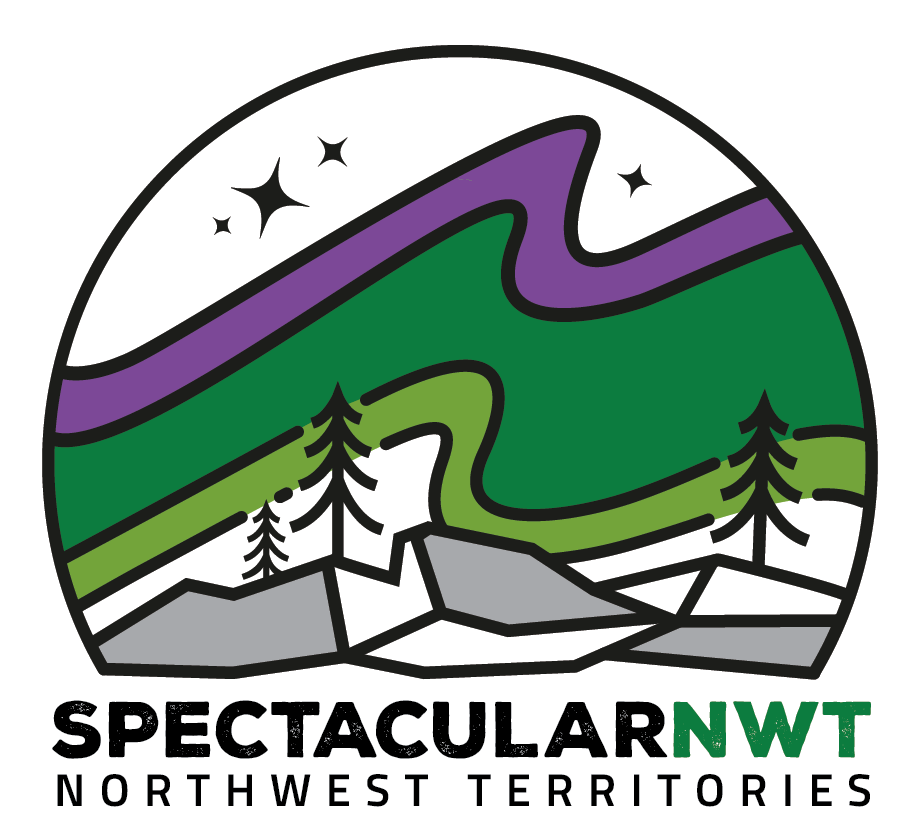The mountain has always been a place of great power.
The ancestors of the Shúhtagot’ine (Mountain Dene) would camp at Nááts’įhch’oh, the iconic mountain that looks like a porcupine when they travelled by mooseskin boat to see Nááteho, the Nahanni prophet. Here, at Nááts’įhch’oh, traditional trails and travelling routes web out across the entire Sahtu and Dehcho regions of the Northwest Territories and into the Yukon.
But this mountain is more than a gathering place. The Shúhtagot’ine say Nááts’įhch’oh possesses díígóɂo—a prehistoric power. Young couples would take a newborn here to receive dreams and power bestowed by the mountain. “Our people used to bring their children to this mountain for help to have a good life and be strong in the future,” Frederick Andrew, a respected hunter, leader and elder in Tulita, has said. “It also brings them medicine power.”
Nááts’įhch’oh continues to be revered for its powers.
It’s no surprise that when this area became a national park, at the request of the Sahtu Dene and Métis, this legendary mountain would play a prominent role. Nááts’įhch’oh (pronounced ‘Nats-inch-ohn’) gives this 4,895 square-kilometre park of jagged peaks, rushing rivers, and deep Dene history its name.










